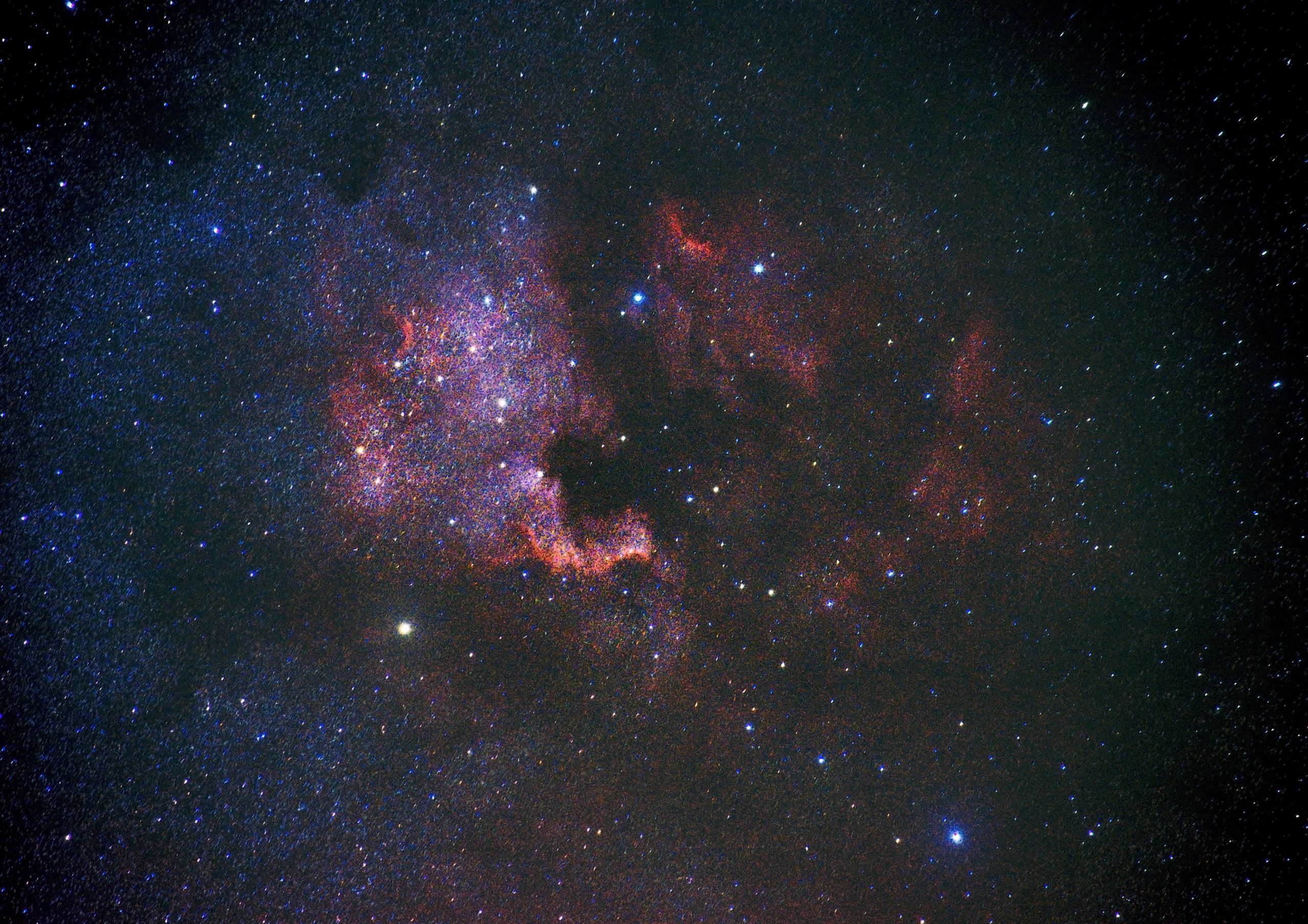Exploring the Origins of Islam: When Did Islam Start?
Islam, one of the world’s major religions, has a rich and complex history rooted in the life and teachings of the Prophet Muhammad. In order to understand the historical context of Islam, it is essential to delve into the origins of the faith. This blog post aims to provide an in-depth exploration of when Islam started, tracing its roots back to the early 7th century.
The Pre-Islamic Arabia
To comprehend the inception of Islam, we must first examine the state of the Arabian Peninsula before the arrival of the Prophet Muhammad. The region was characterized by tribes, each having their own religious beliefs and practices. The majority of the Arabs were polytheistic and worshipped a multitude of deities. This period is referred to as the Jahiliyyah, meaning the “age of ignorance.”
However, it is crucial to note that there were also small Jewish and Christian communities in various parts of the Arabian Peninsula. These religious minority communities played a significant role in shaping the religious landscape of the region.
The Birth of the Prophet Muhammad
The pivotal moment in the history of Islam is the birth of the Prophet Muhammad in the year 570 CE in the city of Mecca, located in present-day Saudi Arabia. Muhammad received revelations from Allah (God) through the angel Gabriel, which eventually became the basis of the Islamic faith. These revelations, later compiled into the holy book of Islam, the Quran, formed the central teachings of the religion.
The Beginnings of Islam
Islam as a distinct religious movement started to gain traction in the city of Mecca around 610 CE. Following his initial revelations, Muhammad began spreading the message of monotheism and social justice to the local population. However, his teachings were met with resistance from the powerful Meccan elite who were threatened by the potential erosion of their status and societal norms.
Despite facing persecution and opposition, Muhammad continued to attract followers who believed in his message. These early converts to Islam formed the nucleus of the Muslim community, known as the ummah. Initially, their numbers were small, but their faith in Islam remained unwavering even as the opposition grew.
In 622 CE, facing increasing threats to his life and the lives of his followers, Muhammad and his followers migrated from Mecca to the city of Yathrib, which later came to be known as Medina. This migration, known as the Hijrah, marks a significant turning point in the history of Islam and serves as the starting point for the Islamic calendar.
The Birth of an Islamic State
In Medina, Muhammad established a cohesive society based on Islamic principles, effectively transforming the scattered Muslim community into a political entity. This marked the birth of an Islamic state, with Muhammad as the political leader, not just the spiritual guide.
The Islamic state in Medina was characterized by a comprehensive legal system, designed to ensure justice and equality among its diverse inhabitants. Muhammad’s leadership, along with the growth of the Muslim community, led to several military campaigns and expeditions in the region.
Over time, the influence of Islam continued to spread, and more people embraced the faith, including influential tribal leaders and entire Arabian tribes. The Islamic state in Medina became a strong center of regional power and authority.
The Conquest of Mecca
In 630 CE, after years of conflict and negotiations, Muhammad and his Muslim followers triumphantly returned to Mecca. The city that once persecuted the Muslims now witnessed the peaceful conquest by the Islamic forces, led by Muhammad himself.
The conquest of Mecca served as a turning point in the acceptance and consolidation of Islam throughout the Arabian Peninsula. With the control of Mecca, the Muslim community’s power and influence grew exponentially.
Islam’s Expansion Beyond Arabia
Following the death of the Prophet Muhammad in 632 CE, his successors, known as caliphs, continued to spread the message of Islam beyond the borders of Arabia. Islamic armies embarked on military campaigns, rapidly expanding the territory under Muslim control.
The spread of Islam was not solely through military conquest. Islamic traders and missionaries also played a significant role in introducing the religion to regions such as North Africa, Persia, and the Indian subcontinent. The appeal of Islam, with its focus on monotheism, social justice, and ethical principles, resonated with diverse populations.
Conclusion
In summary, Islam started in the early 7th century CE with the revelations received by the Prophet Muhammad in Mecca. The message of Islam, rooted in monotheism and social justice, faced initial resistance but ultimately gained a significant following and transformed into a political and religious movement in Medina. From there, the influence of Islam rapidly spread, culminating in the conquest of Mecca and the subsequent expansion of the Islamic state. Today, Islam is the second-largest religion globally, with over 1.8 billion adherents.
Table of Contents
